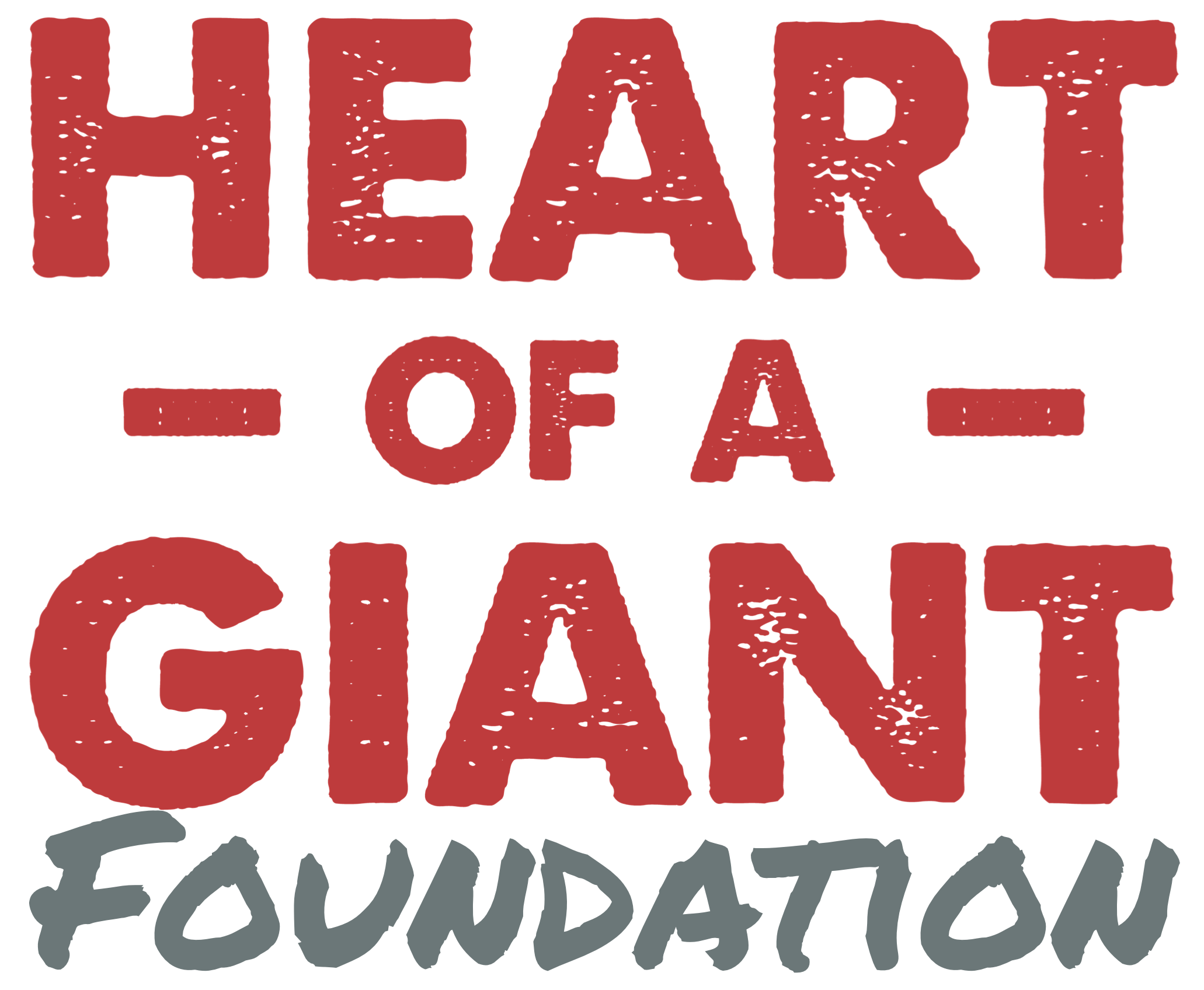Unfortunately, the severity and prevalence of heart disease is something no one can afford to ignore, so if you’re thinking about being more healthy and heart conscious, don’t hesitate. There are plenty of methods to improve your heart health and making a list of goals to make those changes needn’t be difficult.
Sure, change can be uncomfortable but it is also good, especially when it comes to improving your health. Just taking small, consistent steps over time can lead to positively big changes. So, here are five simple, counterintuitive tips for crushing your heart health goals. Incorporating these lifestyle shifts into your daily routine will make the big changes feel totally manageable.
1. Commit to Sound Sleep
You might’ve heard this one countless times before but it’s true- sleep is an essential part of good health. Without a good night’s sleep, you are at an increased risk of heart disease and many other health conditions.
To help you develop a healthy sleep routine, experts suggest observing your current sleep habits and making the necessary changes from there. Ask yourself these questions”, ‘What time do I go to sleep?’, ‘What time do I wake up?’, ‘How do I feel during the day?’
Once you’ve identified the challenges of your current sleep habits, you can take steps to improve. An ideal sleep schedule allows you to get 7 to 8 hours of uninterrupted sleep. Waking up and going to sleep at the same time, even on the weekends, is also beneficial. Make sure to incorporate non-screen time for relaxing before going to sleep.
2. Forget about Diet Sodas

The can might say, ‘zero sugar’ or ‘diet’ but that doesn’t mean it’s a healthier option. Typically when manufacturers say they have cut something out (like sugar) and the result tastes just as good, they’ve added something that may come with its own negative health effects.
Research shows that overweight and obese adults who drank diet beverages ate more calories from food than those who drank regular soda. Additionally, a University of Texas study found that diet soda drinkers had a 70% greater increase in waist circumference than non-drinkers over about 10 years. And people who regularly drank artificially sweetened beverages had a higher risk of heart disease and stroke than people who avoided those beverages. So, it might be a good idea to cut out soda from your diet altogether.
3. Don’t Skip Your Annual Physical

Prevention is better than cure and visiting your physician consistently is imperative for successful outcomes when treating any illnesses, including heart disease. Your doctor is more friend than foe and an annual visit will help establish a baseline of vitals, blood work and tests from which they can monitor your health.
Remember that on these visits it’s best to be truthful when it comes to your medical history, family medical history as well as any other health concerns. This is so your doctor can accurately help you manage or prevent any prooblems with your health.
4. Stay Active – Even When You’re Tired

When you’ve had a long day, exercise is probably the last thing on your mind. However, getting active at that very point of exhaustion will energize you better than any energy drink.
According to a study published in Medicine and Science in Sports & Exercise, “Fatigue along with mood and depression improved after a single 30-minute moderate-intensity exercise session.” When you exercise it helps you work more efficiently and you don’t tire as easily, getting the heart pumping without overworking it. You also function better mentally, so if you’re aiming for a high score on Wordle – after your session might be peak timing.
5. Eat Smart
Lastly, eat smart. You already know the deal but eating smart doesn’t have to mean restriction. Eating smart means eating a variety of fresh fruit and veggies. It means snacking during the day between meals is good. Keep a serving or two of your favourite fruit or vegetable handy wherever you are.
Eating smaller amounts and more frequent nutrient-rich meals will help balance your blood sugar levels for the day, helping you feel more alert and energetic. And of course drink lots of water, too. Dehydration reduces energy levels.
Conclusion

Some of these tips for crushing your heart health goals might have shocked you or intrigued you. But these might be the types of changes you need to reduce your risk for heart disease and other heart conditions. Simply swapping out diet soda for water, for instance, will be a good start to improving your overall quality of life.

Recent Comments